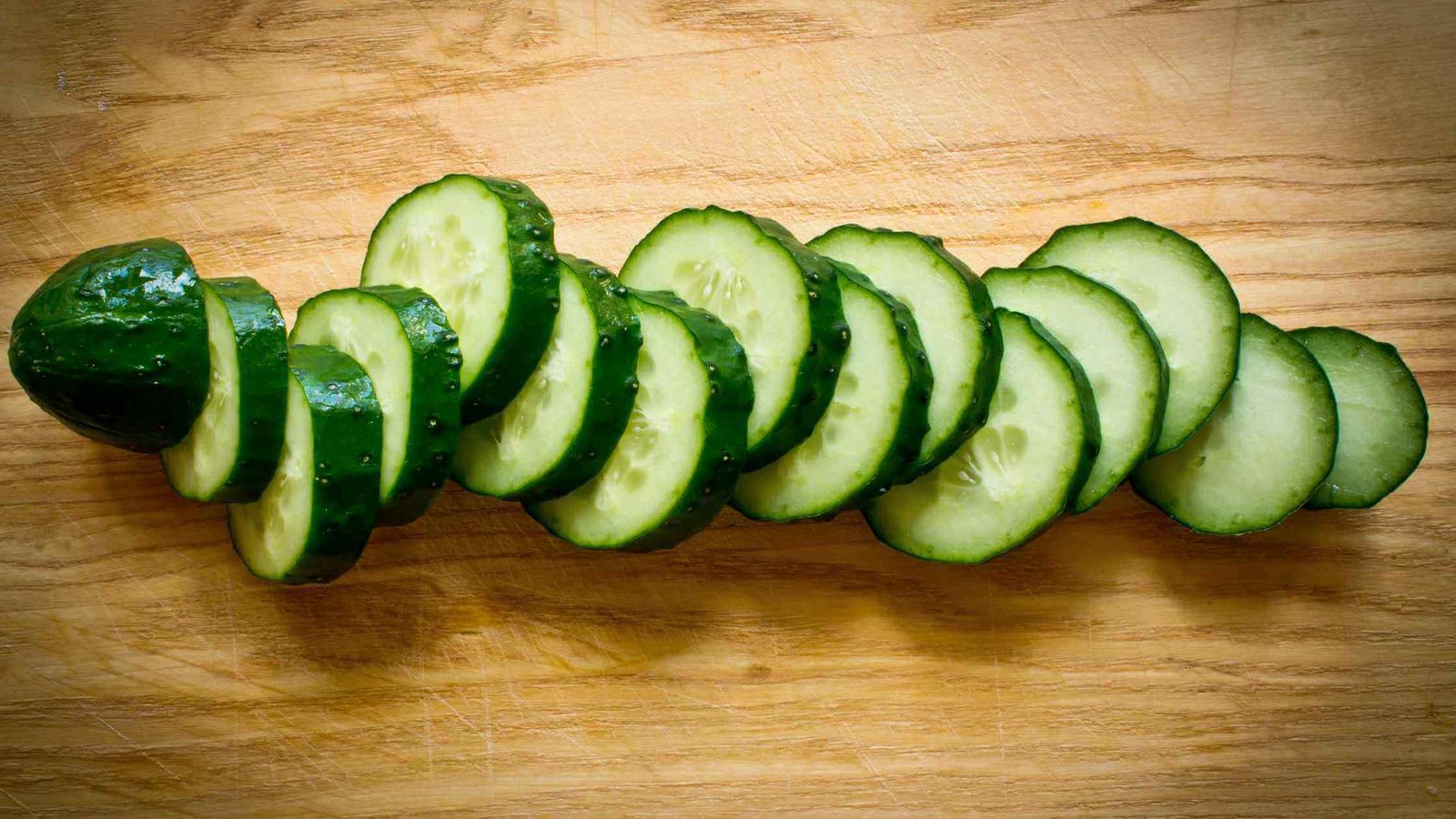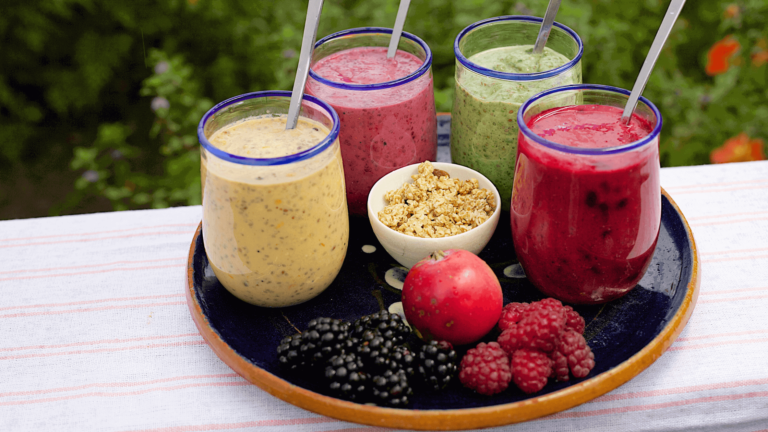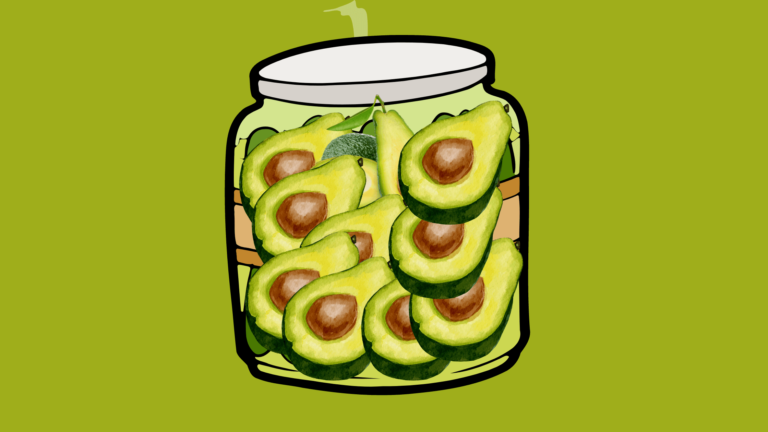Top 14 Health Benefits of Cucumber You Shouldn’t Ignore

No vegetable is more appropriate for the purpose of providing cool summer fare on hot summer days than the cucumber. Read to know the Health Benefits of Cucumber.
Cucumbers are classified as fruits, despite popular belief to the contrary.
It contains several minerals, plant components, and antioxidants that have been shown to be helpful in the treatment and prevention of disease.
Cucumbers, because of their high water content and soluble fiber, are great for keeping you feeling full while also helping you stay hydrated and slim.
In this post, we’ll examine the health advantages of eating cucumbers in greater detail.
Nutritional Benefits of Cucumber
About 8 calories can be expected from a half-cup serving of cucumber. They are mostly water (approximately 95%) and contain trace levels of vitamins K and A. The phytonutrients (plant compounds) found in them are collectively referred to as lignans.
The following can be found in one medium, uncooked, unpeeled cucumber:
| Calories | 30 |
| Total fat: | 0 grams |
| Carbs: | 6 grams |
| Protein | 3 grams |
| Fiber: | 2 grams |
| Vitamin C | 10% of the recommended daily value (DV) |
| Vitamin K: | 57% of the DV |
| Magnesium: | 9% of the DV |
| Potassium: | 12% of the DV |
| Manganese: | 9% of the DV |
The first fact will make you doubt everything else: cucumbers are not vegetables. According to Colorado State University, they are in fact berries. According to an article in the journal Antioxidants, a berry is a solitary fruit in botany that has a fleshy pulp and seeds. The cucumber is classified as a fruit since it satisfies this definition.
Top Health Benefits of Cucumber
It has antioxidants in it.
Oxidation is a chemical reaction that results in highly reactive atoms with unpaired electrons, sometimes known as free radicals. Antioxidants are chemicals that inhibit this reaction.
Multiple forms of chronic sickness are linked to an increase in these potentially cancerous free radicals. Cancer, heart disease, lung illness, and autoimmune disorders have all been linked to oxidative stress induced by free radicals.
Cucumbers, like many fruits and vegetables, are an excellent source of protective antioxidants that may lower one’s chance of developing certain diseases.
Thirty persons over the age of sixty-five were used in a study that quantified the antioxidant potential of cucumber powder. After 30 days, cucumber powder significantly increased various markers of antioxidant activity and enhanced antioxidant status
Note, however, that the cucumber powder used in this study probably had more antioxidants than you would find in an entire cucumber.
Flavonoids and tannins, two classes of chemicals that are particularly powerful at blocking harmful free radicals, were detected in cucumbers in another test-tube study investigating their antioxidant effects.
Related: Terrible eating habits that cause obesity – Must Consider
They have anti-inflammatory properties.
Dr. Boling believes that if you consume enough cucumbers, they can help reduce inflammation in your body thanks to the abundance of antioxidants and minerals they contain, specifically lignans and potassium, and magnesium.
Phytonutrients, or plant nutrients, such as beta carotene and flavonoids, are particularly potent examples.
In fact, a 2013 report in the International Journal of Health Sciences suggests that cucurbitacins (chemical compounds found in the cucumber family) may play a role in lowering the risk of cancer cells due to their potential anti-inflammatory effects.
They could perhaps boost your libido
The vitamin C and manganese in these green vegetables are known to increase your vitality and your sex drive, and the Produce for Better Health Foundation claims that cucumbers are an aphrodisiac because of this.
Vitamin C’s circulatory and blood-flow-improving properties are an added bonus for erectile-dysfunctioning guys.
L-citrulline, an amino acid found in cucumbers, has been associated (in a short study conducted in 2011) with a reduction in erectile dysfunction symptoms in certain males. Additionally, they are a good source of vitamin A, which aids in cell division and is necessary for the development of testosterone.
The digestive system is one of the systems that they can help control.
It’s true that we’ve spent a lot of time discussing the importance of staying hydrated, but that’s only because cucumbers have such a high water content compared to other fruits and vegetables, and because water is essential to the proper functioning of every system in the human body, including the digestive system.
Having more water in your diet means you won’t have to worry about constipation, so drinking plenty of water is a great way to keep your bowels regular, as recommended by Dr. Boling. When fluids are leaving the body, more must be taken in.
Cucumbers’ high fiber content helps the digestive system by promoting regular bowel motions and stool bulk.
They help regulate blood sugar levels
Because of their negligible sugar and carbohydrate content, cucumbers have a low glycemic index and are suitable for diabetics.
Animal research, like this one from 2011 and this one from 2014, suggests cucumbers may be able to lower blood sugar levels and maybe have a role in treating diabetes, although there have been few human studies on this topic.
They could stop hair loss.
Cucumbers are a great source of several beneficial nutrients, including silica, a natural ingredient that helps your skin produce more collagen and connective tissue, making it stronger and more elastic.
I don’t see the connection to hair. According to a 2016 paper published in the Brazilian dermatology journal Anais Brasileiros de Dermatologia, silica has additional benefits beyond just skin health.
It has been shown to slow hair loss and thinning, and even improve hair’s color and shine. In extreme cases, silica supplements may be necessary, but eating your fair share of cucumbers may help you avoid some of the aging effects that can show up in your hair.
It helps you stay hydrated.
The importance of water to the body cannot be overstated
It plays a role in the maintenance of an appropriate body temperature and the removal of waste products and the delivery of nutrients.
The effects of dehydration on physical performance and metabolic rate are well documented (8Trusted Source, 9Trusted Source).
Water and other liquids make up the bulk of your fluid consumption, although some people obtain as much as 40% of their total water intake from meals.
Water is abundant in many plant foods, especially fruits and vegetables.
Over the course of one trial, 442 kids had their hydration levels measured and their dietary habits documented. Researchers discovered that people who ate more fruits and vegetables had better hydration levels.
Cucumbers, which contain nearly 100% water, are an excellent choice for increasing your fluid intake and meeting your daily hydration goals.
Potential weight loss benefit
There may be a few methods in which cucumbers can aid with weight loss.
In the first place, they have few calories.
There are only 16 calories in a single serving size of one cup (104 grams), and 45 calories in an entire 11-ounce (300 gram) cucumber.
Because of this, you can eat as many cucumbers as you like without worrying about gaining weight.
Cucumbers are a great low-calorie alternative to other ingredients and may be used to liven up salads, sandwiches, and side dishes.
Cucumbers may help with weight loss because of their high water content.
Eating foods high in water and low in calories was related to considerable weight loss, according to a meta-analysis of 13 trials including 3,628 persons.
Reduce Stress
Cucumbers are a good source of vitamin B1, often known as thiamine, which is known to reduce stress. And every little bit counts, even if it just accounts for roughly 3% of your daily value.
Additionally, maintaining a nutritious diet that includes cucumbers is essential for controlling stress levels, and the crunch of this specific vegetable might be a fantastic choice during times when anxiety is more likely to strike.
Reduce Bad Breath
Do you have terrible breath? You can literally grab a slice of cucumber rather than a bit of gum.
The high water content of cucumbers avoids dry mouth, and the crunchy texture can aid in the eradication of odor-causing bacteria by clearing away food debris and plaque and promoting salivation. ( Source )
Strengthen Memory
”Fisetin”, an anti-inflammatory flavonol found in cucumbers, is important for maintaining brain function.
Additionally, while fisetin can be found in other plants, it is particularly abundant in cucumbers. As a result, cucumbers have been linked to memory enhancement and assistance in preventing memory loss.
Lowered risk of cancer
Studies frequently center on the chemical component cucurbitacin, which is present in cucumbers and may have health-protective properties.
Cucumbers contain natural plant chemicals that have been shown to have anticancer properties by aiding in the prevention of cancer cells from proliferating, says Christy Wilson, RDN, a nutrition advisor at the University of Arizona Campus Health Service.
“According to a study published in the International Journal of Health Sciences, cucumbers have these properties,” she adds. She points out that fisetin, a flavonol molecule present in fruits and vegetables that have been demonstrated to have antioxidant and anticancer properties, is also present in cucumbers.
The peel is still a concentrated source of this substance even though many domestically grown cucumbers have been designed to contain less of it; leave it on to enjoy the health advantages.
Enhances sleep Quality
In fact, cucumbers can enhance the quality of your sleep. Cucumber’s high magnesium content promotes sleep and lessens spells of insomnia.
Clinical studies on magnesium are available to support the idea that magnesium plays a crucial function in promoting sleep. 46 participants participated in clinical studies on the effects of magnesium, and the findings were amazing.
Magnesium supplements significantly increased subjects’ ability to fall asleep quickly, stay asleep for longer periods of time, and meet other criteria for high-quality sleep. According to the study’s findings, magnesium is crucial for enhancing the quality of sleep.
Finally, cucumber is rich in Vitamins
Vitamins including vitamin A, vitamin B6, vitamin C, vitamin E, vitamin k, thiamin, niacin, and folate are found in cucumber.
You need vitamin A for good vision, vitamin B6 for a healthy hemoglobin level, and vitamin K for supporting bone metabolism and blood clotting. Therefore, consuming cucumbers or drinking their juice strengthens your immune system and keeps them strong, active, and disease-free. (source)
Cucumbers’ possible risks
Cucumber consumption has the potential to cause an allergic reaction. According to the American College of Allergy, Asthma, and Immunology, having an allergy is more likely if you are also allergic to ragweed pollen, as well as zucchini, banana, melons, and sunflower seeds.
This is so because the proteins in these plants are comparable to the proteins in cucumbers that trigger allergies.
Use caution when eating vegetables if you’re allergic to these things or aren’t familiar with cucumbers.
A tingling or itchy mouth, hives, swollen lips, coughing, difficulty breathing, and stomach pains are typical symptoms of a food allergy. Consult your doctor or an allergist if you experience any of these symptoms after consuming cucumbers.
Doebrich advises that you should consult your doctor before consuming foods high in vitamin K, such as cucumber if you are taking blood thinners to prevent blood clots. As previously mentioned, vitamin K may favor blood clotting, which may interfere unfavorably with blood thinners.
The Final Verdict.
Cucumbers are a delicious, wholesome, and remarkably adaptable complement to any diet.
Despite having little calories, they are packed with essential vitamins, minerals, and water.
Cucumber consumption has a number of possible health advantages, including reduced blood sugar levels, balanced hydration, and weight loss.
Important disclaimer: the content of this website is for informational purposes only and is not meant to replace the advice of a physician or other qualified medical professional. The reader should consult a physician to determine if the information is appropriate for the reader's situation because of the reader's unique needs.






